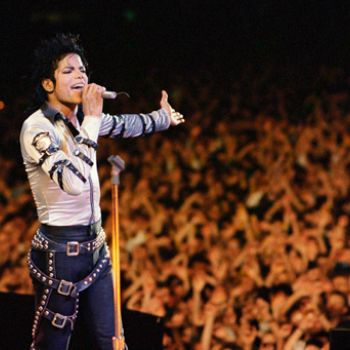The Talent vs The Peformance
- Oct 29, 2016
- 3 min read

Talent is a skill that can be both nature and nurture. It is a form of expression of passion that a person has, the closer that the flute player has by succeeding to learn and memorise a difficult musical score. Yet, some would question, Why have talent if it cannot be showcased in a performance?’. Of any scale, performing one’s talent increases not only the will to improve, but also help advertise the person. Yet there are those that are gifted incredible talent, but when it comes to a performance, large or small, they do not perform to their fullest potential. So what is the point to keep it to yourself? How will performing your talent to no audience help you progress?
Learning and mastering performance is important to build confidence, not just in music or arts, but in any future job scenario. How can you reach up the hierarchy of an organisation with poor performance. So much talent, potential, skills and knowledge attained over time, but no confidence in performing it depletes the level of skill with no room for progression.
Practice of performance must be learned at a young age for children to master self-confidence by the time the grow up. “Children who practice self-expression and creativity often become better communicators later in life.” stated Jamie George about what can be taught to children to prepare for skills in the real world. They learn composure and concentration at a young age since it may be taught in some instances that “there is a time and a place for silly and the stage is usually not the time or place”. If you give them an instrument, they learn concentration easily to work, learn, and improve in as they focus on a particular activity over periods of time. Once this develops, it will help when “they must focus their attention on other subjects at school.”(George & LPMT, 2013).
Teaching children at a young age to be goal oriented helps as well in the long run. Assigning pieces for a performance helps to teach young children about setting goals and obtaining them within a specified time frame. “Having an outcome for all the hard work a student is pouring into their instrument is important. Without a goal in mind a student can quickly become disenchanted with the instrument. A performance is something a student can strive for and look forward to.”(Mann, 2015). This proves how to keep a person’s head on their shoulders and have them create goals to look ahead at. Those with a lack of performing opportunities have had poor performance, and their goal orientation skills would be inefficient and unprogressive in future events.
Most performers in the modern era do not even need talent to be a great performer or make it big. “Talent can offer a good head start and possibly even keep a musician on top for a while, but eventually, someone else will come along who has put in the work. To become a confident musician, you don’t have to have 10,000 hours, you simply need passion to improve.”(Team, 2015). There will always be someone better than you at what you feel most talented at, what you manage to do to distinguish yourself is how you present and perform those abilities. Ultimately, the drive to perform and showcase your talent, will ignite the passion within oneself to learn and improve and a greater rate.
References
George, J., & LPMT. (2013, May 22). The importance of performance opportunities for young children – the George Center for music therapy, Inc. Retrieved from http://www.thegeorgecenter.com/2013/05/22/the-importance-of-performance-opportunities-for-young-children/
Mann, J. (2015, April 10). The importance of performing. Retrieved from http://blog.studiohelper.com/performance/the-importance-of-performing/
Team, M. U. (2015, June 23). Why talent is the least important part of being a musician. Retrieved from Confidence, http://www.musical-u.com/blog/talent-myth-talent-important-musician/
























Comments